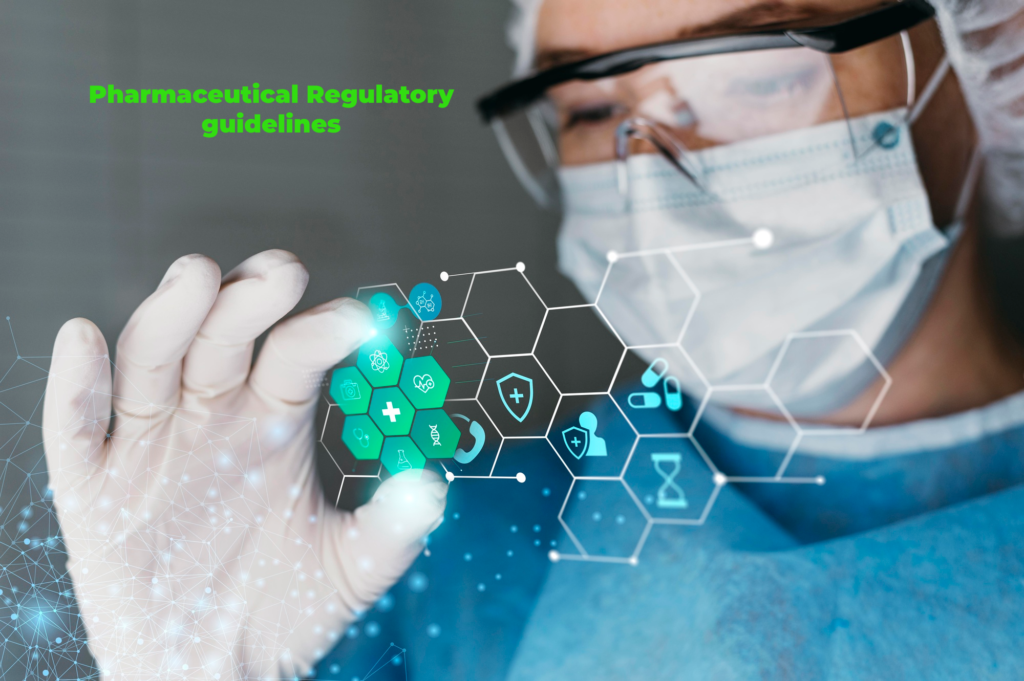Introduction:
In the dynamic landscape of pharmaceutical quality control (QC), effective risk management plays a pivotal role in ensuring product safety and compliance. This article explores the intricacies of risk management from the perspective of interviews with professionals in the field.
Understanding Risk Management in Pharmaceutical QC:
1. Definition and Scope:
- Defining risk in the context of pharmaceutical QC.
- The scope of risk management in ensuring product quality and patient safety.
2. Regulatory Landscape:
- Overview of regulatory requirements for risk management in the pharmaceutical industry.
- Compliance with global regulatory bodies and evolving standards.
Interview Insights: Perspectives from QC Professionals:
1. Identification of Risks:
- Techniques and methodologies used by QC professionals to identify potential risks.
- Balancing routine QC activities with proactive risk identification.
2. Risk Assessment and Prioritization:
- Insights into the criteria used for assessing and prioritizing risks.
- The role of severity, probability, and detectability in risk prioritization.
3. Implementation of Risk Mitigation Strategies:
- Real-world examples of risk mitigation strategies employed in pharmaceutical QC.
- Balancing the implementation of preventive and corrective measures.
4. Collaboration and Communication:
- The importance of cross-functional collaboration in risk management.
- Effective communication channels between QC, production, and regulatory affairs.
5. Technology Integration:
- How technology, such as advanced analytical instruments and data analytics, aids in risk management.
- Challenges and benefits of integrating technology into QC processes.
Challenges and Future Trends:
1. Challenges Faced in Risk Management:
- Common challenges encountered by QC professionals in implementing risk management practices.
- Strategies to overcome challenges and enhance risk management effectiveness.
2. Emerging Trends in Risk Management:
- Exploration of cutting-edge technologies and methodologies shaping the future of risk management.
- The role of artificial intelligence, machine learning, and big data in predictive risk analysis.
Frequently Asked Questions
- What is the significance of risk management in Pharmaceutical Quality Control (QC)?
- Answer: Risk management in QC is crucial for ensuring product safety and regulatory compliance, minimizing potential hazards, and maintaining the overall quality of pharmaceutical products.
- How do QC professionals identify and prioritize risks in the pharmaceutical industry?
- Answer: QC professionals use various techniques and methodologies to identify risks, considering factors like severity, probability, and detectability for prioritization.
- What are the common challenges faced in implementing risk management practices in QC?
- Answer: Common challenges include resistance to change, resource constraints, and the need for continuous training. Overcoming these challenges is essential for effective risk management.
- How does technology, such as artificial intelligence, impact risk management in pharmaceutical QC?
- Answer: Technology enhances risk management through advanced analytical instruments and data analytics, enabling more accurate risk assessment and proactive strategies.
- Can you provide examples of successful risk mitigation strategies in the pharmaceutical industry?
- Answer: Successful strategies may involve process optimization, quality by design principles, and implementing robust preventive measures based on thorough risk assessments.
- What is the role of cross-functional collaboration in effective risk management within QC?
- Answer: Cross-functional collaboration ensures a holistic approach to risk management, fostering communication between QC, production, and regulatory affairs for comprehensive risk mitigation.
- How are regulatory requirements influencing risk management practices in the pharmaceutical sector?
- Answer: Regulatory bodies set guidelines for risk management, driving the industry to adopt standardized practices that align with global regulatory expectations.
- What emerging trends, including advanced technologies, are shaping the future of risk management in QC?
- Answer: Emerging trends include the integration of artificial intelligence, machine learning, and big data for predictive risk analysis, enhancing the efficiency of risk management processes.
- How does effective communication contribute to successful risk management in pharmaceutical QC?
- Answer: Clear communication ensures that all stakeholders are aware of potential risks, facilitating collaborative efforts and prompt implementation of risk mitigation strategies.
- What steps can QC professionals take to overcome challenges and enhance risk management effectiveness?
- Answer: QC professionals can address challenges by fostering a culture of continuous improvement, providing ongoing training, and leveraging technology to streamline risk management processes.
Conclusion:
In conclusion, effective risk management in pharmaceutical QC is indispensable for maintaining product quality and regulatory compliance. The insights gathered from interviews with QC professionals shed light on the current practices, challenges faced, and the evolving landscape of risk management in the pharmaceutical industry. As the industry continues to advance, staying abreast of these perspectives is crucial for ensuring the safety and efficacy of pharmaceutical products.
- For more articles, Kindly Click here.
- For pharmaceutical jobs, follow us on LinkedIn
- For Editable SOPs in word format contact us on info@pharmaceuticalcarrier.com
- For more information kindly follow us on pharmaguidelines.co.uk











